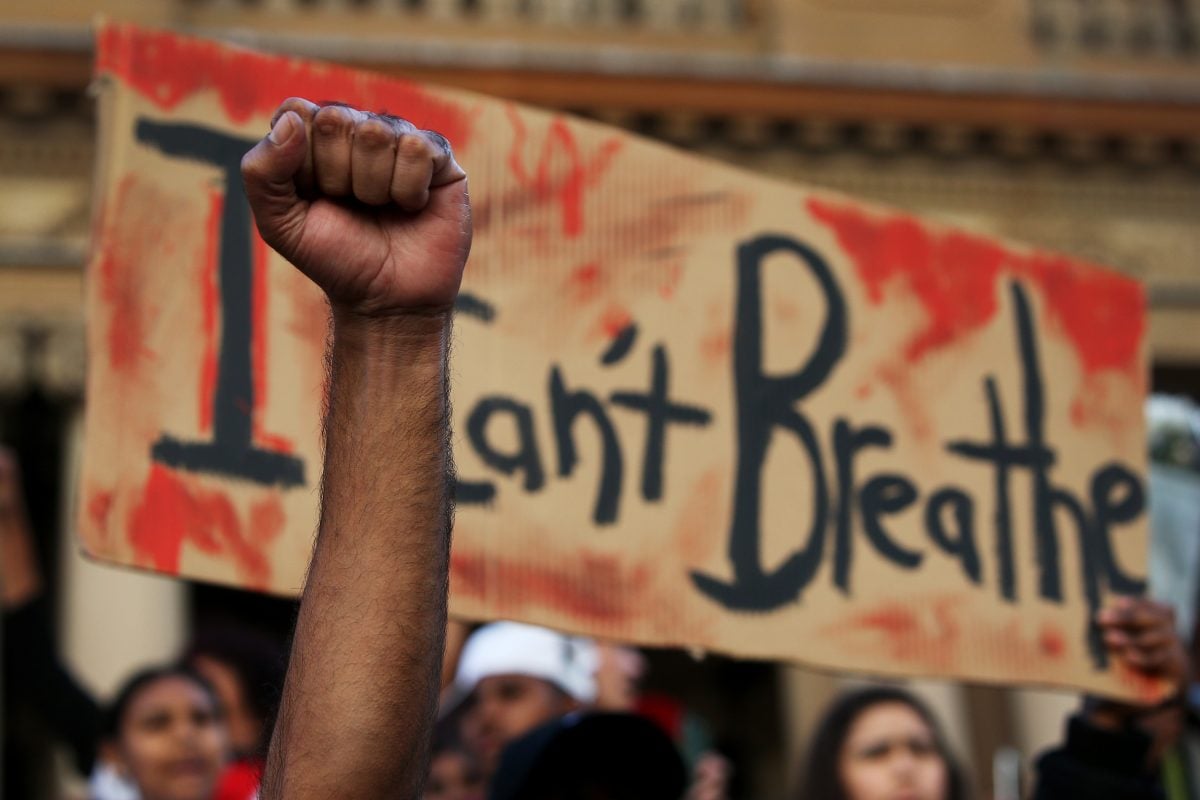Ten Reggae Songs That Best Narrate The Times

Approximately halfway into the year and 2020 has churned out the unexpected, from a global lockdown induced by COVID-19 to protests worldwide condemning racial injustice and police brutality.
Just last week, Minneapolis resident George Floyd was killed after a white police officer, Derek Chauvin, knelt on his neck for several minutes. The incident sparked riots, fires, looting, and seemingly courage in foreign onlookers to be as impassioned about injustices in their homeland.
Jamaicans, for instance, are rallying for justice for Susan Bogle, a disabled August Town resident who was killed during a joint police/military operation last week in St Andrew. Fiery protests even pursued yesterday in the Waltham Park community, after the police fatal shooting of resident Jermaine’ Shawn’ Ferguson.
Music has often been heralded as the voice of the human spirit, and a unifier of nations. On that premise, here are 10 songs that best narrate the times.
Get Up, Stand Up, Bob Marley & The Wailers
The last song performed live by Marley (Uprising Tour: Pittsburgh, 1980), Get Up, Stand Up is arguably the consummate protest anthem. Written by Marley and Peter Tosh in 1973, the track was inspired by the political unrest and fight against minority groups like Rastafarians that pervaded Jamaica during that era. Its lyrics, urging everyone to fight boldly for what they believe in, remain timeless.
Revolution, Dennis Brown
Are you ready to stand up and fight the right revolution?
Are ready to stand up and fight it just like soldiers?
Many are called, few are chosen…
Brown’s 1983 lyrics stand pertinent today, as social media posts condemn those who remain silent in the fight against racial crimes. Brown balances his critical questions with an overall message of love and unity, positing that loving each other is the only sure way to live forever.
One Blood, Junior Reid
Reid’s trip to England inspired this plea of unity in 1980, where he witnessed tensions between black people and the police. The singer told The Jamaica Observer that he observed hostility in Jamaican inner cities upon his return, and also learned about bloody violence between American gangs. Teaming up with producer Gussie Clarke, he recorded the track, which reminds people that they all derive from one entity and bleed the same blood, which should be sufficient grounds to live in peace.
Equal Rights, Peter Tosh
I don’t want no peace
I want equal rights and justice
The Stepping Razor’s words mirror the “No justice? No peace” chants of current protests in the United States, denouncing the murder of George Floyd. Equal Rights is the title track of Tosh’s 1977 album, and reflects the political “sh*stem” he spoke out against unapologetically.
Is it Because I’m Black, Samory I
Reggae soul singer Samory I’s rendition of Sly Johnson’s 1969 classic came in the revelation of West African migrants being publicly bought and sold in modern-day slave markets in Libya in 2017. Illustrating the inequality that has haunted black people for centuries, Samory I belts:
Something is holding me back
I wonder, is it because I’m black?
Somebody tell me what can I do
Will I survive, or will I die?
Young, Gifted and Black, Bob Andy, Marcia Griffiths
The former duo’s cover of Nina Simone’s hit earned them the number five spot on the British chart in 1970. But its charting holds no comparison to its message. In the wake of the ‘Black Lives Matter’ movement, the song serves as a lyrical affirmation of black pride and identity, an empowering statement to uphold during these times.
War, Bob Marley
Until the philosophy which holds one race
Superior and another Inferior
Is finally
And permanently
Discredited
And abandoned
Everywhere is war
Me say war
Marley’s chanting of Haile Selassie’s 1963 address to the United Nations could never be more prevalent than today. The track paints a vivid portrait of the bloody revolting that happens because of division, inequality, and injustice that occurs as a result of religion, classism, racism, and political ideologies.
Unchained, Bob Andy
Just take these chains away
And set me free
Remove me out of bondage
And we’ll agree
Too long I’ve been a slave
I don’t want to be no more
I’d rather dig my grave
Than be locked behind a door…
Andy died in March, but his cries for liberation and equal opportunities are immortalized on this track.
Declaration of Rights, Abyssinians
Took us away from, civilization
Brought us to slave in this big, plantation
Fussing and fighting, among ourselves
Nothing to achieve this way, it’s worser than hell, I say
The group’s second release, the 1971 single, also encourages taking a stand and fighting for one’s rights, which can only be successful if everyone is unified.
Serve and Protect, Queen Ifrica
Ifrica challenges the role of the police force and its motto to ‘serve and protect,’ in an environment where the opposite seems to ensue. The song, released a decade ago, strikingly fits the killing of American Breonna Taylor, who was shot at least eight times when police forced their way into her Louisville apartment in March without properly identifying themselves.
A criminal elements alone nuh love the law
So why a the majority a call you murderer
Mi think we need fi hurry up and solve deh puzzle yah
Remember our duty is to first uphold the law
No matter how it ruff, you haffi think before yuh drawWhen the people them nuh with you then the criminal applaud
So nuh kick off mi door when you come inna mi yaad…
